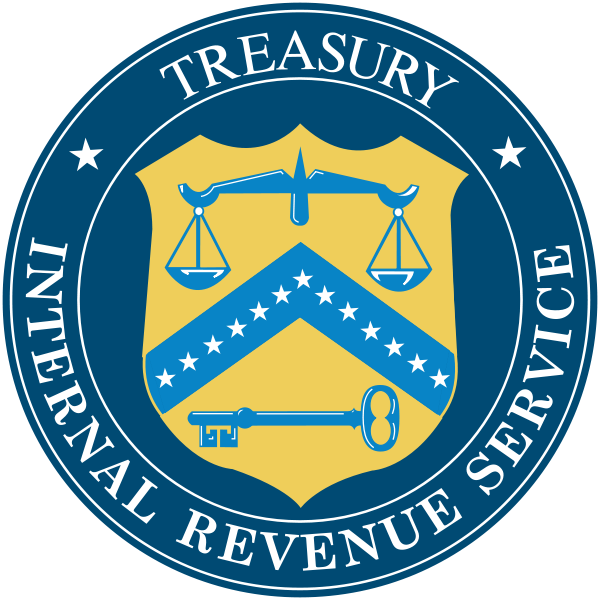
The Internal Revenue Service issued an apology for what the Associated Press called "inappropriately flagging conservative political groups for additional reviews" during the 2012 election season. The IRS, which regulates what groups can be considered officially tax-exempt under the 501 c)3 and other clauses, reportedly zeroed in on organizations with the terms "tea party" and "patriot" in their title.
The original news of the IRS denying conservative groups tax exempt status came in early 2012 following a number of alleged incidents. If the IRS were not to consider a tea party or other group tax exempt, the group might be open to similar taxation and financial burden that for-profit entities endure in terms of their revenue. A tax-exempt status can often offer the prospective donor the ability to claim the donation as an official expense on their taxes. 501 c)3 organizations often note this fact in their mailings. Election years such as 2012 are a busy time for political interest groups, as passion mounts on either side of the aisle in anticipation of November.
In February 2012, the Weekly Standard published a report that a conservative group in Virginia's capital city, the Richmond Tea Party, was told by the IRS that they submitted an "unreasonable request to obtain a tax-exempt status", according to an RTP press release.
The group filed to become a 501 c)4 organization (similar to a 501 c)3, except for a few factors including the fact that they could therefore tow a particular partisan ideological line, unlike c)3's), and was denied unless the tea party group submitted documentation satisfying 17 different aspects of IRS requirements. After reportedly complying, the IRS demanded that the Richmond, Va.-based group answer 53 additional inquiries within two weeks of the notice.
ABC News reported that some organizations were even asked for personal information, including house files, or donor lists. Lois Lerner, an IRS official, admitted Friday that the rigmarole was "insensitive and inappropriate".
Lerner's apology for the act of hindering conservative groups follows a 2012 report that IRS commissioner Douglas Schulman denied any such allegations at that time, telling a House subcommittee that "there's absolutely no targeting [going on]." Shulman, a Bush appointee, has since been succeeded by Obama appointment Steven Miller.
In March of 2012, conservative radio host and former Reagan administration staffer Mark Levin, president of the Landmark Legal Foundation, a nonprofit legal advocacy group, wrote a lengthy letter to the U.S. Treasury's Inspector General for Tax Administration. Levin asked the official to investigate conservative groups' allegations against the IRS.
"Recent media reports indicate that the [IRS's] EO (Exempt Organization) Division is using inappropriate and intimidating investigation tactics in the administration of applications for exempt status submitted by organizations associated with the Tea Party movement," Levin wrote, "The information demanded in many cases goes far beyond the appropriate level of inquiry." Levin's citations included an article from the Washington Examiner at the time entitled "Why Is The IRS Asking Tea Party Groups If They Know Me?"
Levin then presented a list of eight questions reportedly contained in one of the IRS' requests for information from a conservative nonprofit. A number of the questions had as many as four subsections, which included vendor list requests, cost of any merchandise the group might be marketing and most notably, the political affiliation of "persons or organizations that have provided educational services to you".
According to MediaIte, federal law does state however, that political groups such as the Tea Party are "required to prove that political activity is not their primary function", so in turn, the IRS is allowed and encouraged to check into the background of such groups. The issue at hand is to what extent the Internal Revenue Service should investigate a political advocacy group.
© 2025 Latin Times. All rights reserved. Do not reproduce without permission.



